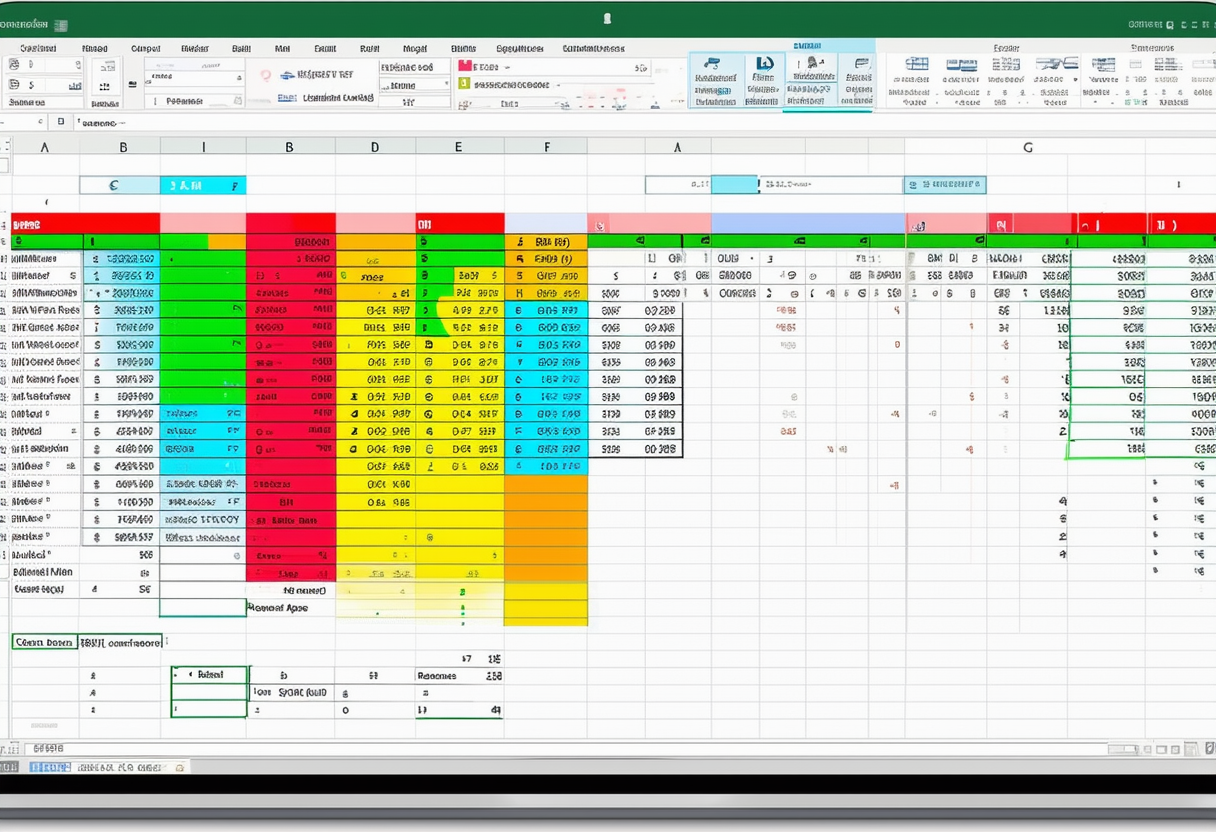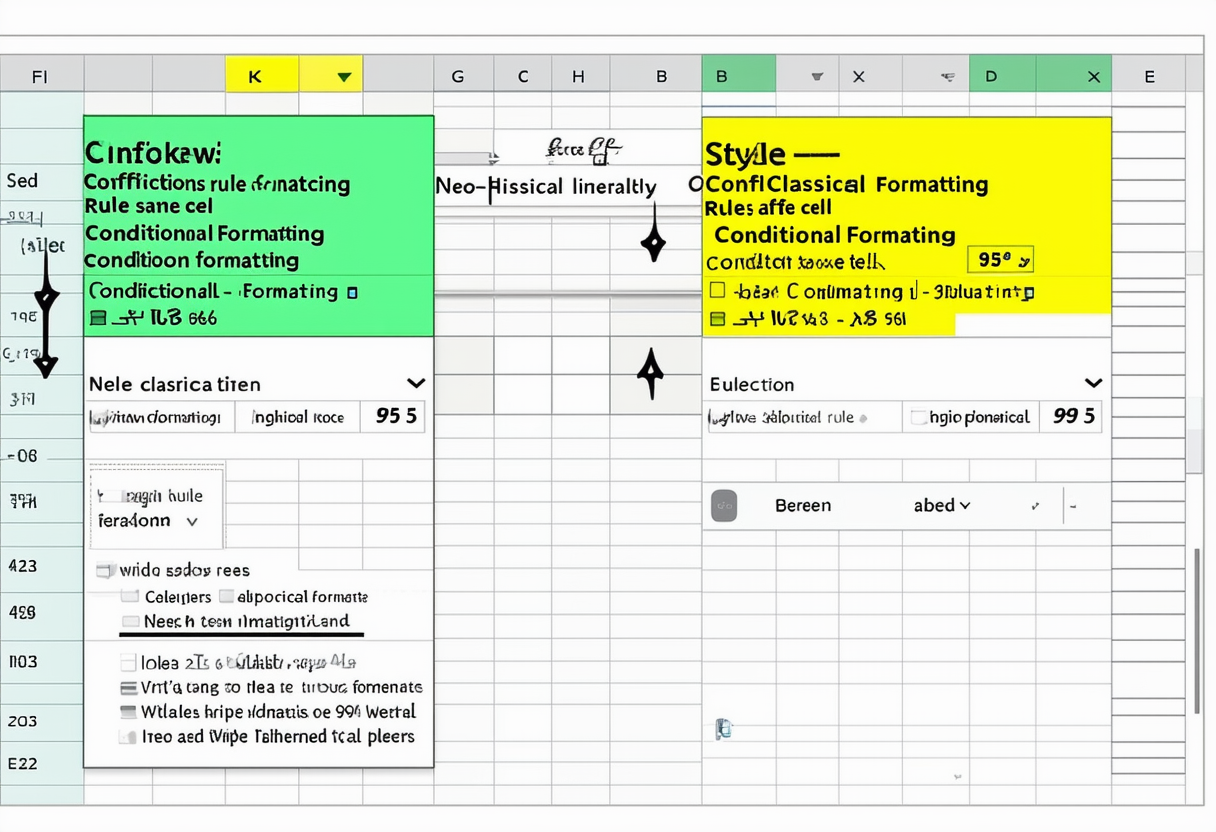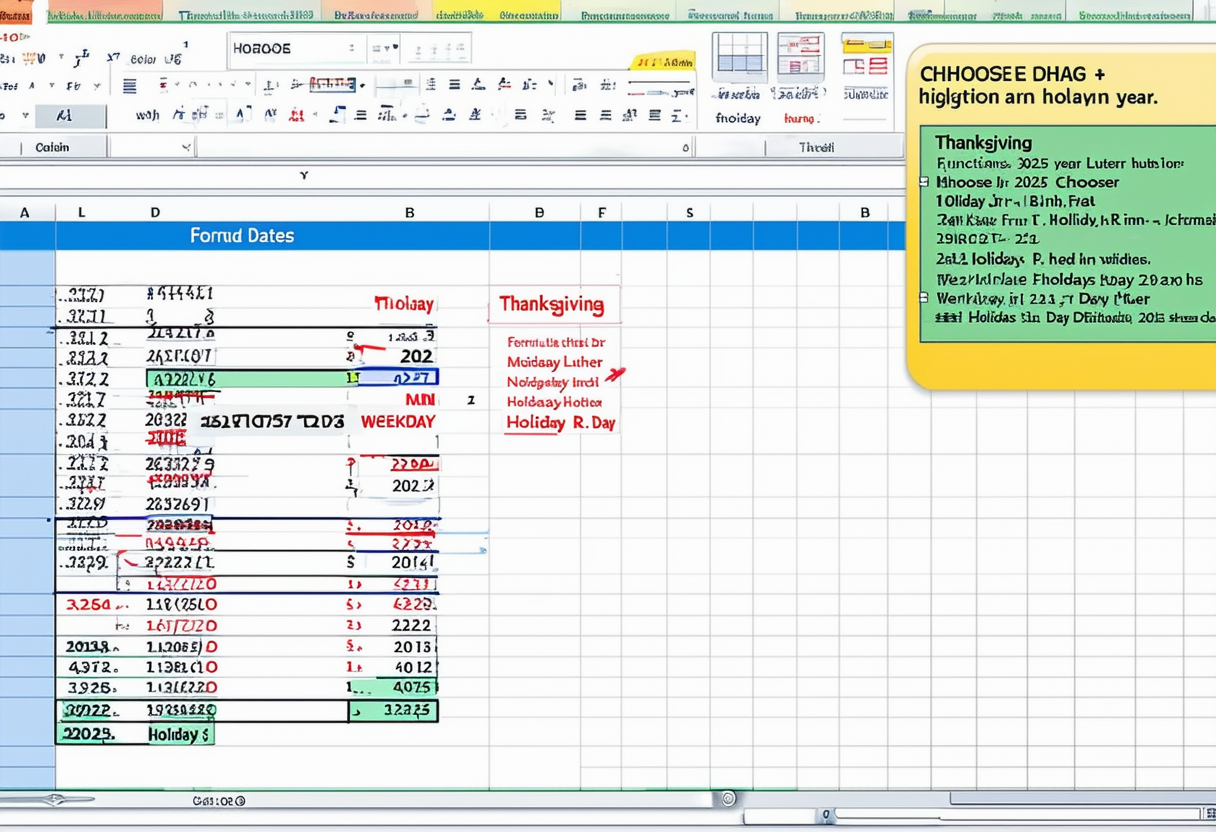Table of Contents
The alternation operator, often represented by the vertical bar (|), is a fundamental component of regular expressions, also known as regex. This operator allows for matching one of many possible patterns within a string of text, essentially providing a logical OR functionality within the regex pattern. This article will delve into the intricacies of the alternation operator, its usage, and its role within the broader context of regular expressions.
Regular expressions are a powerful tool for pattern matching and text manipulation in computing. They are used in programming languages, text editors, command line utilities, and more. Understanding the alternation operator, along with other regex components, can greatly enhance your ability to work with and manipulate text data effectively.
Understanding the Alternation Operator
The alternation operator in regex is represented by the vertical bar (|). It acts as a logical OR, allowing for the matching of either the pattern before or the pattern after the operator. For example, the regex pattern “a|b” would match either “a” or “b” in a given string of text.
It’s important to note that the alternation operator has the lowest precedence of all regex operators. This means that it’s often necessary to use parentheses to define the scope of the alternation. For example, the pattern “ab|cd” matches either “ab” or “cd”, not “a” followed by “b” or “c” followed by “d”.
Alternation Operator Syntax
The basic syntax for the alternation operator in regex is as follows: pattern1|pattern2. This will match either pattern1 or pattern2, but not both. If both patterns are present in the string, the regex engine will return the first match it encounters.
It’s also possible to include more than two patterns with the alternation operator. For example, pattern1|pattern2|pattern3 would match any one of the three patterns. Again, if more than one pattern is present in the string, the first match will be returned.
Alternation Operator Precedence
As mentioned earlier, the alternation operator has the lowest precedence of all regex operators. This means that it’s often necessary to use parentheses to define the scope of the alternation. Without parentheses, the alternation operator can lead to unexpected results.
For example, consider the pattern “a|bc”. Without parentheses, this pattern will match either “a” or “bc”. However, if you intended to match either “a” or “b”, followed by “c”, you would need to use parentheses to define the scope of the alternation: “(a|b)c”.
Using the Alternation Operator
The alternation operator is a powerful tool in regex, allowing for complex pattern matching. However, it’s important to understand how to use it effectively to avoid unexpected results.
One common use of the alternation operator is in matching multiple variations of a word or phrase. For example, the pattern “color|colour” would match either the American or British spelling of the word “color”. Similarly, the pattern “gray|grey” would match either spelling of the word “gray”.
Alternation Operator with Character Classes
The alternation operator can also be used with character classes in regex. Character classes allow for the matching of any one character from a set of characters. For example, the pattern “[a-z]” would match any lowercase letter, while the pattern “[0-9]” would match any digit.
When used with the alternation operator, character classes can provide even more flexibility in pattern matching. For example, the pattern “[a-z]|A” would match any lowercase letter or the uppercase letter “A”. Similarly, the pattern “[0-9]|a” would match any digit or the lowercase letter “a”.
Alternation Operator with Quantifiers
Quantifiers in regex allow for the matching of a pattern a certain number of times. The most common quantifiers are “*”, “+”, and “?”, which represent zero or more, one or more, and zero or one matches, respectively.
When used with the alternation operator, quantifiers can create complex patterns. For example, the pattern “a*|b+” would match zero or more “a”s or one or more “b”s. Similarly, the pattern “(a|b)?” would match either “a” or “b” zero or one time.
Common Pitfalls and How to Avoid Them
While the alternation operator is a powerful tool in regex, it can also lead to unexpected results if not used correctly. One common pitfall is forgetting about the low precedence of the alternation operator, which can lead to matches that you didn’t intend.
Another common pitfall is forgetting that the regex engine will return the first match it encounters when using the alternation operator. This can lead to unexpected results if you’re not careful with the order of your patterns. For example, if you have the pattern “a|ab”, and your string is “ab”, the regex engine will match “a”, not “ab”, because “a” is the first match it encounters.
Using Parentheses to Define Scope
One way to avoid these pitfalls is to use parentheses to define the scope of your alternation. This can help ensure that the regex engine is matching the patterns you intend. For example, if you want to match either “a” followed by “b” or “c”, you would use the pattern “(a|c)b”. Without the parentheses, the pattern “a|cb” would match either “a” or “cb”, not “ab” or “cb”.
Using parentheses can also help when using the alternation operator with other regex components, such as character classes and quantifiers. For example, the pattern “(a|b)*” would match zero or more of either “a” or “b”, while the pattern “[a|b]*” would match zero or more of “a”, “b”, or “|”.
Ordering Patterns Correctly
Another way to avoid pitfalls with the alternation operator is to order your patterns correctly. Remember that the regex engine will return the first match it encounters, so if you have multiple patterns, you should order them from most specific to least specific.
For example, if you have the pattern “a|ab”, and your string is “ab”, the regex engine will match “a”, not “ab”. To get the intended match, you would need to order your patterns from most specific to least specific: “ab|a”. This way, the regex engine will match “ab” before it matches “a”.
Conclusion
The alternation operator is a powerful tool in regex, allowing for complex pattern matching. However, it’s important to understand its syntax, precedence, and potential pitfalls to use it effectively.
With a solid understanding of the alternation operator, you can create more flexible and powerful regex patterns, enhancing your ability to work with and manipulate text data. Whether you’re a programmer, data scientist, or just someone who works with text data regularly, mastering the alternation operator and other regex components can be a valuable skill.











